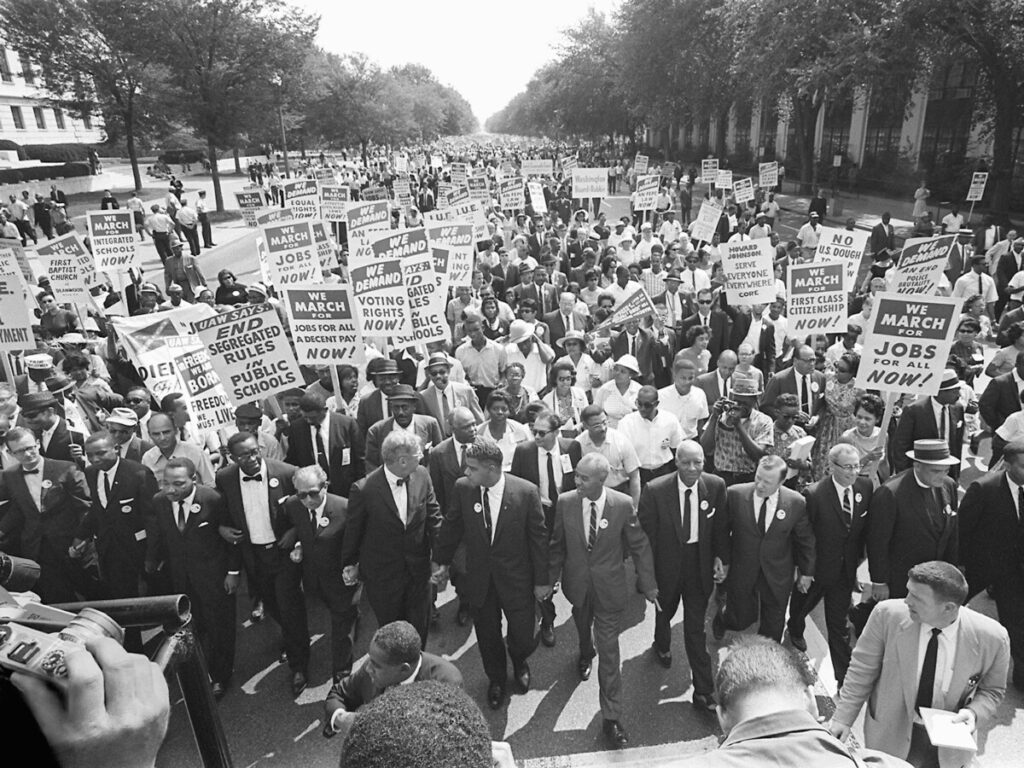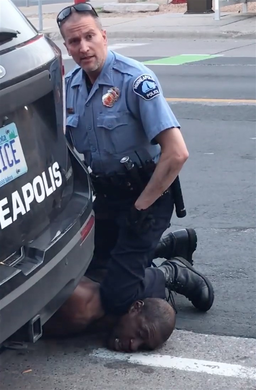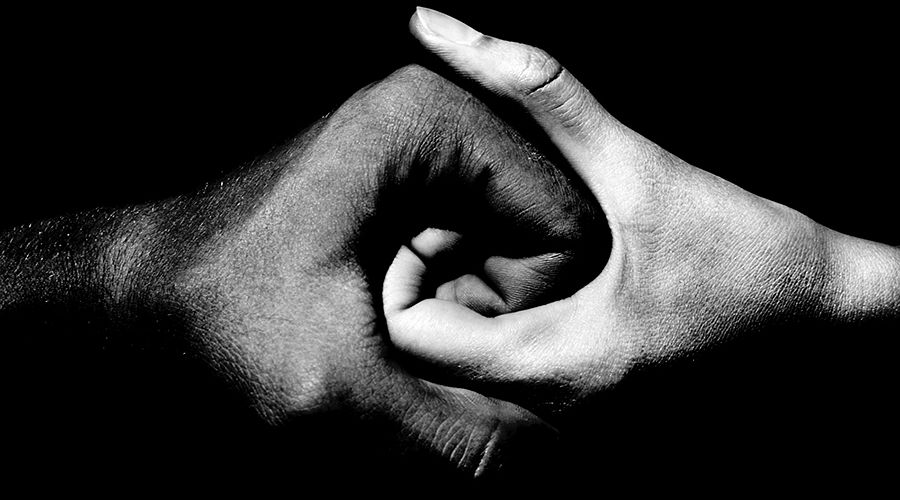Unit 1

Ladies and gentlemen, esteemed guests, and fellow citizens, I stand before you today to discuss a topic that has affected me and millions of people of color in the United States: systemic inequality and oppression.
This issue is not new; it has been happening for generations, and it continues to this day. It affects access to resources, opportunities, and basic human rights. We must understand that systemic inequality and oppression are deeply rooted in our society, and it is present in our criminal justice system, in our educational institutions, and in our workplaces.
As a member of the African American community, I have experienced firsthand the devastating effects of systemic oppression. Growing up, I saw how people of color were treated differently, how they were denied opportunities, and how they were constantly under threat. I have seen the effects of this in my own life, in the lives of my friends and family, and in the lives of countless others.
We must take a closer look at our criminal justice system. The book “The New Jim Crow” by Michelle Alexander provides a comprehensive analysis of the US criminal justice system and its impact on Black Americans. It highlights the ways in which systemic inequality and oppression are perpetuated through the legal system. It is time for us to recognize the flaws in our criminal justice system and work towards making it more equitable.
We must also acknowledge the concept of caste and how it is used to create and maintain social hierarchies. The book “Caste: The Origins of Our Discontents” by Isabel Wilkerson explores how caste systems contribute to systemic inequality and oppression and provides examples from various societies around the world. It is time for us to recognize the role of caste in our society and work towards breaking down these barriers.
It is important to note that systemic oppression and inequality are not just issues for people of color. It affects all of us, as it perpetuates a system of injustice and denies us the benefits of a truly equitable society. We must work together to create a more equitable future.
I urge those in power to recognize their responsibility in creating change. Politicians, business leaders, educators, and others with privilege and influence must use their platforms to bring attention to this issue and work towards solutions. It is up to them to use their power to create change.
We must also address the issue of education. Education is one of the most powerful tools we have in combating systemic inequality and oppression. We must work to ensure that all students, regardless of their background or economic status, have access to high-quality education. This includes funding for schools, teacher training, and programs that promote diversity and inclusion.
Furthermore, we must address the issue of economic inequality. The wealth gap between people of color and white Americans is a result of systemic oppression and inequality. We must work towards creating economic opportunities for all, including access to good jobs, affordable housing, and healthcare.

In 2020, George Floyd, a Black man, was killed by police officers in Minneapolis, Minnesota. The incident was captured on video and sparked nationwide protests and calls for justice. The officers involved were eventually charged and found guilty, but the incident highlighted the systemic issues within the US criminal justice system.
Floyd’s death was not an isolated incident. It was one of many cases of police brutality against Black Americans, and it brought to light the racial disparities within the criminal justice system. Studies have shown that Black Americans are disproportionately targeted by law enforcement, arrested more frequently, and receive harsher sentences than their white counterparts.
The case of George Floyd and the subsequent protests also highlighted the role of caste in US society. The protests were not just about police brutality but also about the larger issue of systemic inequality and oppression faced by people of color. The protests were attended by people of all races, demonstrating the importance of allyship in the fight for justice.
The protests also showed the power of collective action. The outcry over Floyd’s death resulted in policy changes and police reform efforts across the country. The city of Minneapolis, where the incident occurred, pledged to dismantle its police department and replace it with a new community-led model.
The example of George Floyd’s death and the subsequent protests highlights the urgent need to address systemic inequality and oppression. It shows the devastating impact that these issues can have on individuals and communities and demonstrates the power of collective action to create change.

Another real-life example that supports this speech is the case of Kalief Browder. In 2010, Browder, a 16-year-old African American, was arrested for allegedly stealing a backpack. Despite maintaining his innocence, he was held in Rikers Island jail for three years, much of which was spent in solitary confinement. Browder’s case exemplifies the deep flaws in the US criminal justice system that perpetuate systemic inequality and oppression.
During his time in jail, Browder was subjected to physical and mental abuse, including beatings by correctional officers and other inmates. He also suffered from severe depression and attempted suicide multiple times. After three years, the charges against him were eventually dropped, and he was released. However, the damage had already been done. Browder struggled with mental health issues and committed suicide two years after his release.
Browder’s case highlights the ways in which systemic inequality and oppression are perpetuated through the criminal justice system. Despite being innocent, he was held in jail for an extended period of time, subjected to inhumane treatment, and ultimately suffered irreparable harm. This case also highlights the importance of the fight against systemic oppression and the need for change in our criminal justice system.
To create a more equitable future, we must address the root causes of systemic oppression and inequality. It is up to us to use our collective voice and power to create change. It will not be easy, but we must persevere. We must work towards a society where all people are treated with dignity and respect, and where everyone has an equal opportunity to succeed.
In conclusion, I urge you to join me in the fight against systemic inequality and oppression. Let us use our collective voice and power to create a better future for all. Thank you.




